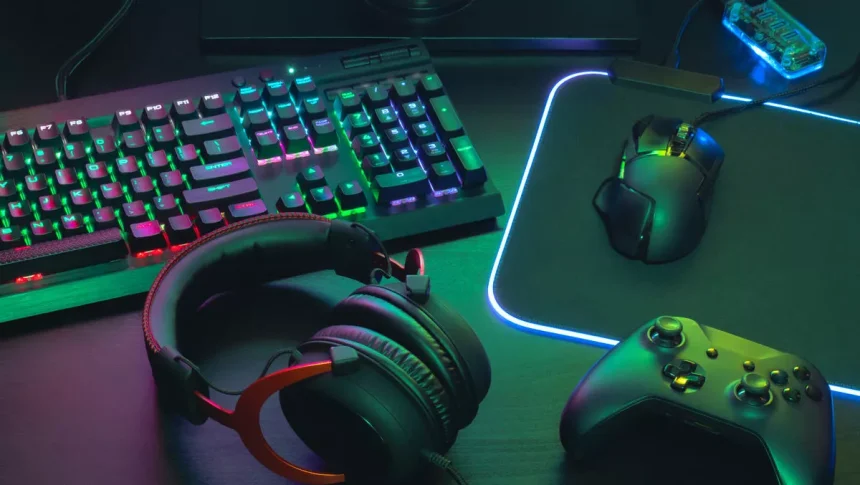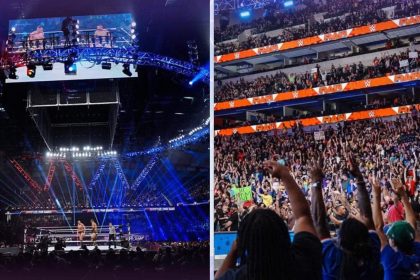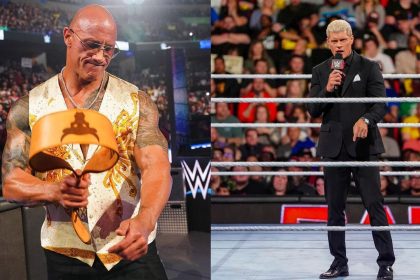A recent study highlights the extensive problem of cyberbullying and sexual harassment in professional and online gaming. Almost 96% of 145 gamers from 14 countries reported experiencing online harassment in the past year. Louise Trudgett-Klose, a doctoral psychology student and lead researcher at the University of South Australia, stressed that these toxic behaviors are widespread and not just isolated events.
Women and professional e-sports players are particularly vulnerable to abuse, according to the study’s findings. Women, who comprise 46% of the global gaming population and 16% of e-sports competitors and content creators, are frequently subjected to sexual harassment, especially as they advance in their gaming careers.
Trudgett-Klose noted a clear correlation between the level of professional gaming and the incidence of both cyberbullying and sexual harassment for female players.

The study also found that the more famous and publicly visible professional gamers are, the more severe the bullying they face. About half of the bullying directed at professional players originates from other gamers, while the rest comes from the general public.
These findings, published in the journal *Entertainment Computing*, underscore the harsh reality that fame and a strong social media presence often exacerbate exposure to toxic behaviors.
Senior researcher Sarven McLinton pointed out that the issue is not inherent to the act of playing video games but rather to the hyper-masculine culture surrounding gaming, which predominantly targets heterosexual men.
Individuals outside this demographic are more susceptible to cyberbullying and sexual harassment, which can include name-calling, derogatory comments, verbal threats, and explicit messages or images.
The study concludes by highlighting the lack of protection for most professional gamers, who are often independent and not supported by any organization. This leaves them with limited options for seeking safety and protection.
Researchers argue that, like any other occupation, professional video gaming should ensure a safe working environment for its players, especially women, who face higher risks of harassment and bullying.







